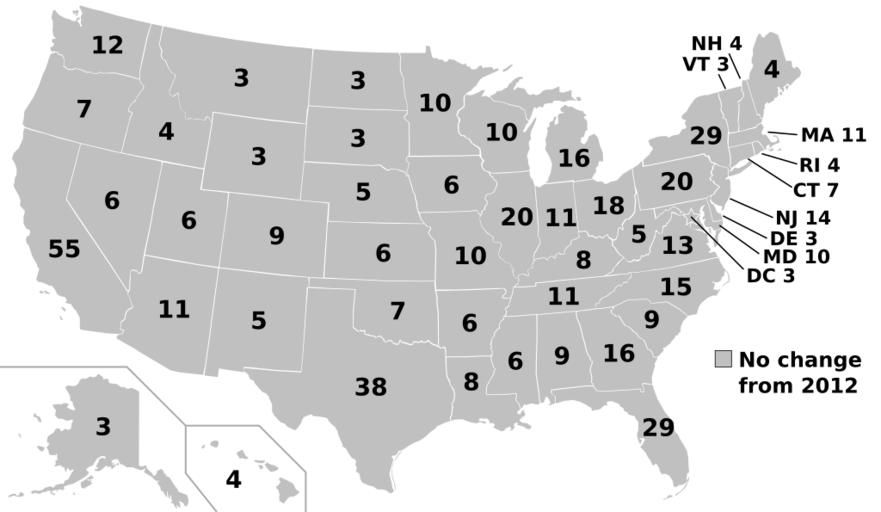Western Views of Russia
- Nikita P
- Nov 16, 2020
- 3 min read
Updated: Nov 16, 2020
The topic of Russia has long been a very controversial one. For most of America’s recent history, the USSR, or “Russia,” as it is frequently referred to, has been the main enemy. The Cold War was a battle between two competing ideologies vying for control of the world, Communism and Capitalism. Then the Berlin Wall fell and reforms were made. The Cold War was over, and the United Soviet Socialist Republics (USSR) crumbled into fifteen pieces. The newly established state of the Russian Federation fell into disrepair and economic decay, as a result of the switch between Communism and Capitalism. The country entered a recession worse than the Great Depression. Crime and violence were rampant. There were shortages of clothes, food, and many other things considered basic necessities.

The 90’s are regarded by many as being a happy time. Not so much for Russians.

Urban decay in 1998 Saint Petersburg.

People standing in line for milk
The Soviet people were taught to distrust Capitalism, and so they did. Their culture became fundamentally different. Having money was seen as a bad thing rather than a good one. Things considered too bourgeois or capitalist were frowned upon. Many older Russians who lived through the Soviet period still hold old views about money and materialism.
When Russia started to transition from Communism to Capitalism, it experienced the worst. Scams, homelessness, wealth inequality, and poverty were widespread during the transition period of the ’90s. There is a funny saying that explains how many Russians felt at this time. “Everything the Soviets told us about Communism was a lie, but everything they told us about Capitalism was true!”
After the presidency of wildly unpopular Boris Yeltsin, former Prime Minister and KGB agent, Vladimir Putin, then virtually unknown, rose to prominence. His platform of law and order to approach to the Second Chechen War and terrorism made him popular with the Russian people and allowed him to defeat his political rivals. He became acting president of the Russian Federation after the resignation of Boris Yeltsin because the party that he pledged allegiance to (the Unity party) won the second largest percentage of the popular vote in the previous December 1999 Duma elections. He was the man who could “get things done” during this time of unrest.

Vladimir Putin in 1999
Now, I know what you must be thinking. How could a country possibly support such a horrible tyrant? Well, one reason is that right now Russia is doing better than it has been during its entire history. He managed to turn a country that was in shambles into a powerful global political and military force.

Saint Petersburg: Before and After
So, the Cold War is over and Russia greatly recovered from the fall of the USSR. Everything should be great between the U.S. and Russia, right? Not quite. Even with the fall of Communism, the battle between East and West never ended.
In contemporary American politics, Russia is a very popular foreign policy issue. In his recent interview with 60 Minutes, Joe Biden, when asked which country poses the greatest threat to America, he names Russia, “in terms of breaking up our security and our alliances.” During the second presidential debate, Trump and Biden were arguing to see who hated Russia more. While talking about sanctions, Trump said there was “nobody tougher than me on Russia,” and that he spent billions of dollars on NATO “to guard against Russia.”
In the aftermath of the 2016 U.S. presidential election, there was talk of election meddling by the Russians. There were many jokes made, too! And I was often the butt of them. While I was never offended by these kinds of jokes, I think that for many Westerners the only image they get of Russia is of an evil, militaristic, country, hellbent on America’s destruction. This is also true for both sides. In Russia, state-sponsored media paints America as an imperialist aggressor, hellbent on the destruction of Russia. Both of these media portrayals are partially true, but I think it is important for us to think critically before we accept any narrative given to us by the media. It is also important to point out hypocrisy because the U.S. has been known to prop up dictatorships and interfere in other countries’ elections and politics.
I want to encourage discussion, promote cross-cultural interchange, and shed light on a country that, to many Westerners, seems like a different planet.
Sources:



Comments